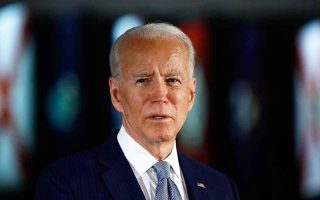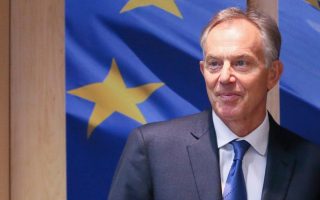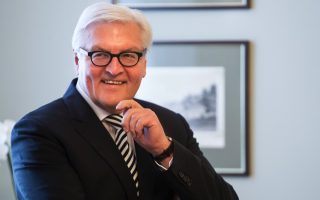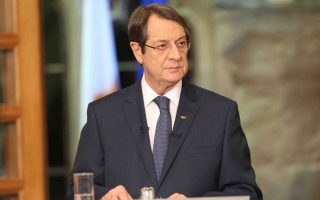The Muslim community can do more against terrorism
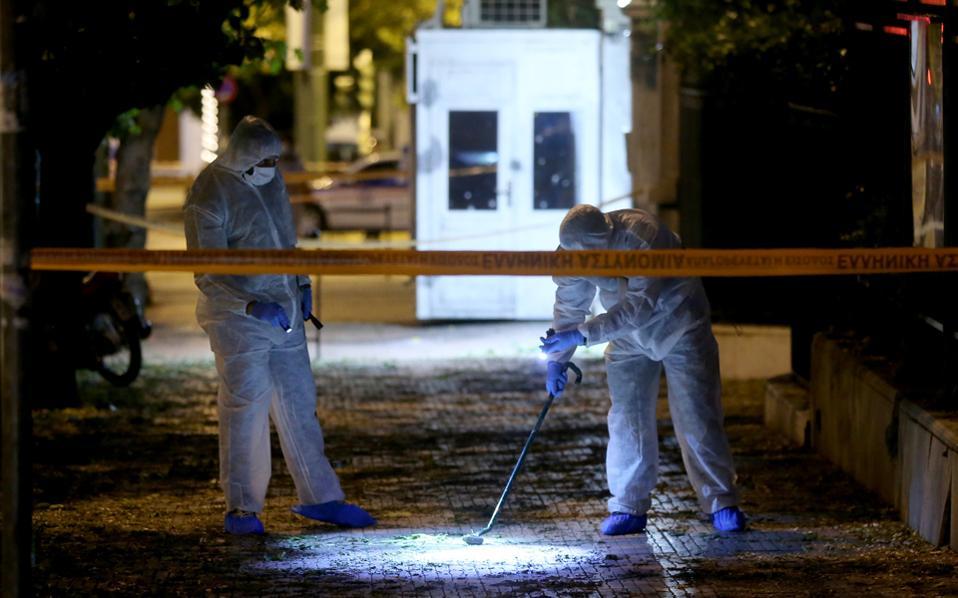
The Muslim community “is not willing enough” to cooperate with the authorities to uproot terrorism – that is the view of Tony Porter, a former top counterterrorism officer with a brilliant career in the British security services. “We would like to see more members of the community notifying the authorities when they see someone becoming radicalized,” Porter – head of Special Branch (GMP) between 2002 and 2006, head of the North-West Counterterrorism Unit from 2006-12 and national coordinator of counterterrorism investigations throughout the duration of the 2012 London Olympics – tells Kathimerini. “We are not yet where we would like to be.”
Could the police also do more to improve the relationship? “It can always do more. It is something the requires soft skills, soft power, which is not easy. But the police in the United Kingdom has a rich history of community cooperation, which has evolved on the back of high-profile public criticism of our past practices. We hold meetings with the Muslim community, as we do with other communities. But the Muslims are more fragmented, they are not united under a single leadership, and this makes police contact with them harder. Especially due to the fact that, even though 99.9 percent of believers in this religion are honest, decent people, there is inculcated within it a set of beliefs that supports terrorism.”
Porter believes that the inhabitants of Western cities will have to learn to live with the danger of terrorism for the foreseeable future. How does the terror threat today compare to 12 years ago, the year of the 7/7 attacks in London? “It is less coordinated by some centers,” he responds, explaining that the perpetrators these days tend to be people “inspired” by the ideology of Al-Qaida and ISIS. “That means that there are many more potential attackers and they are much harder to trace,” while they have shown themselves willing to use any method that will bring about mass casualties.
Among these potential terrorists, he says, the “gravest threat” is posed by Britons who return home after fighting for the so-called Islamic State in Syria and elsewhere. It is, however, “very hard work” to keep them fully in check. “We cannot arrest them without evidence. When it comes to monitoring, there are thousands of people already on terrorist watch lists, without taking into account the returnees from Syria and Iraq. So prioritization is needed – monitoring even a single individual requires tremendous resources. And often we cannot reveal the secret sources of our intelligence. The security services of the UK do a remarkable job in setting the right priorities and in making the most of their resources, but inevitably some dangerous individuals will remain under the radar and we will not be able to stop them. It seems, for example, that the Manchester bomber was known to the authorities as a member of a network, but on its periphery.”
A question of security
As is well known, ISIS uses the internet extensively, and especially social media, to recruit people to its crusade of hate. How successful has law enforcement been in countering the jihadists’ internet propaganda? How cooperative have social media firms been with the police?
Porter admits there is a “consistent strain” in the relationship between the police and social media companies. “Firms like Facebook are showing an increasing willingness to remove posts that promote this ideology,” he notes, but their effectiveness is undermined by the sheer volume of the content that they manage.
The former top counterterrorism officer also highlights the issue of encrypted communications, and the need for the government to be given the tools to break them. “The terrorists count on the security of their communications, they wouldn't be able to operate without it,” he says. Isn’t that also true of journalists and their sources though?
“Yes, it is. There must be sufficiently strict regulatory measures to make sure that these invasive surveillance powers are not abused. The problem in the post-Snowden era is that the state is having a very hard time reassuring its citizens that this abuse will not take place. There have been steps to tighten up the regulatory framework and make it more transparent, and the burden of proof lies with the state to show that it is not violating that framework. But I believe the authorities should have those powers.”
